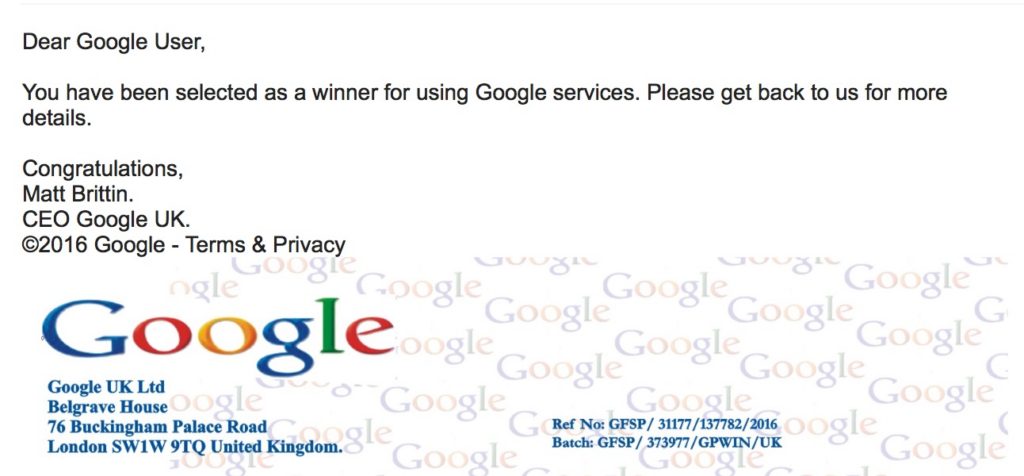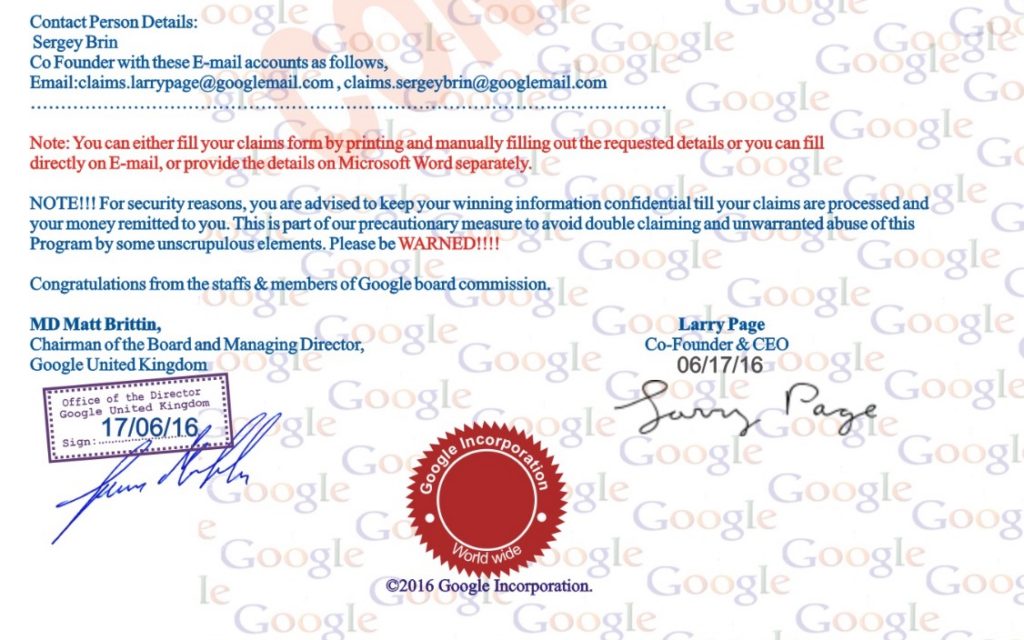Like the earlier mob leaders, the spokesmen for totalitarian movements possessed an unerring instinct for anything that ordinary party propaganda or public opinion did not care to touch. Everything hidden, everything passed over in silence, became of major significance, regardless of its own intrinsic importance. The mob really believed that truth was whatever respectable society had hypocritically passed over, or covered with corruption … The modern masses do not believe in anything visible, in the reality of their own experience … What convinces masses are not facts, and not even invented facts, but only the consistency of the system of which they are presumably part.
Answers:
- Hannah Arendt in The Origins of Totalitarianism
- One of the current candidates for the presidency of the United States.


